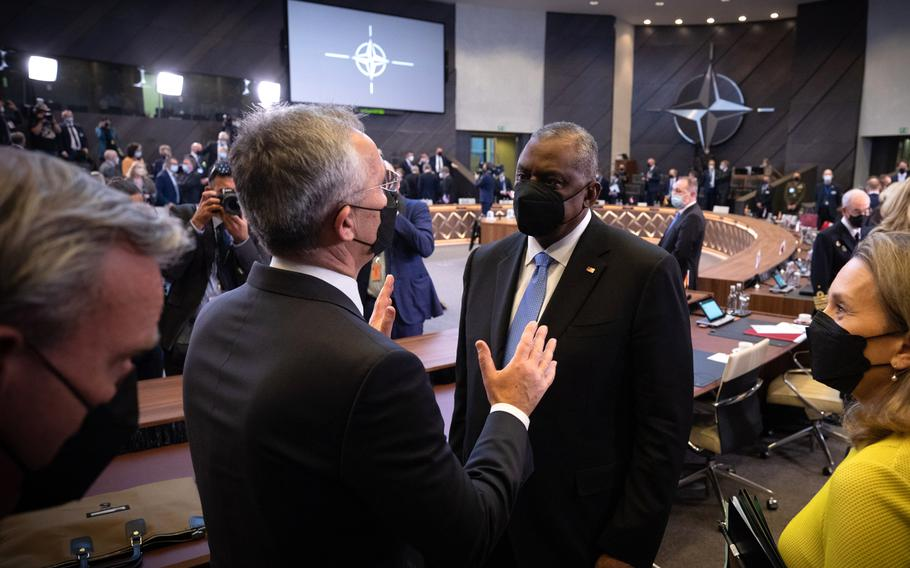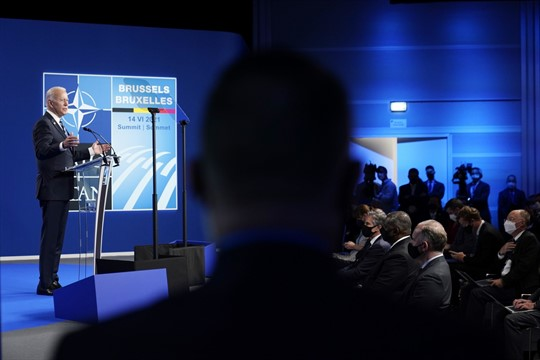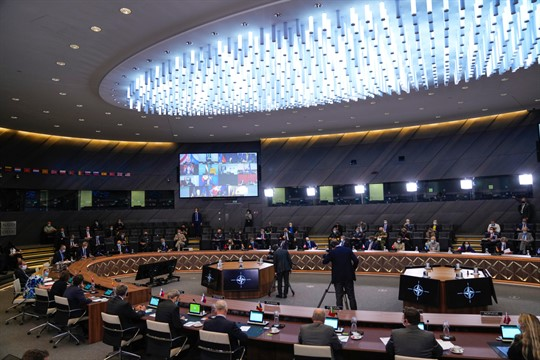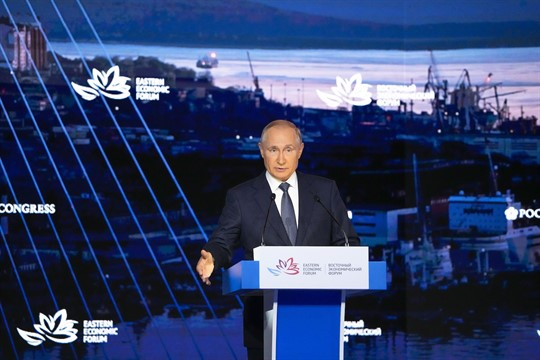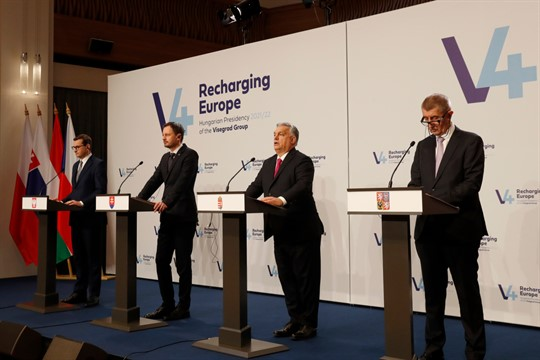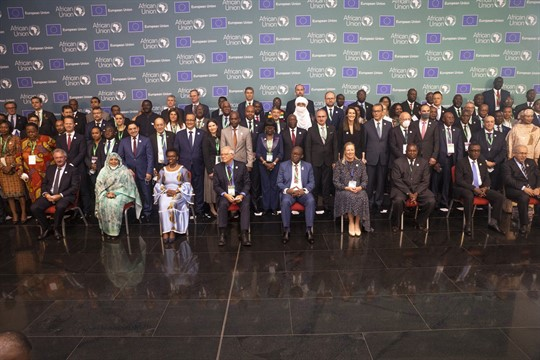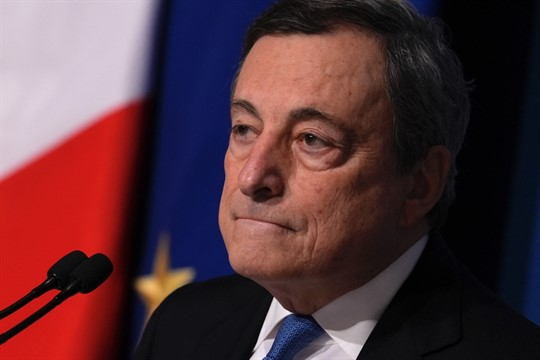Naval presence in Mediterranean and Black seas at highs rarely seen since Cold War
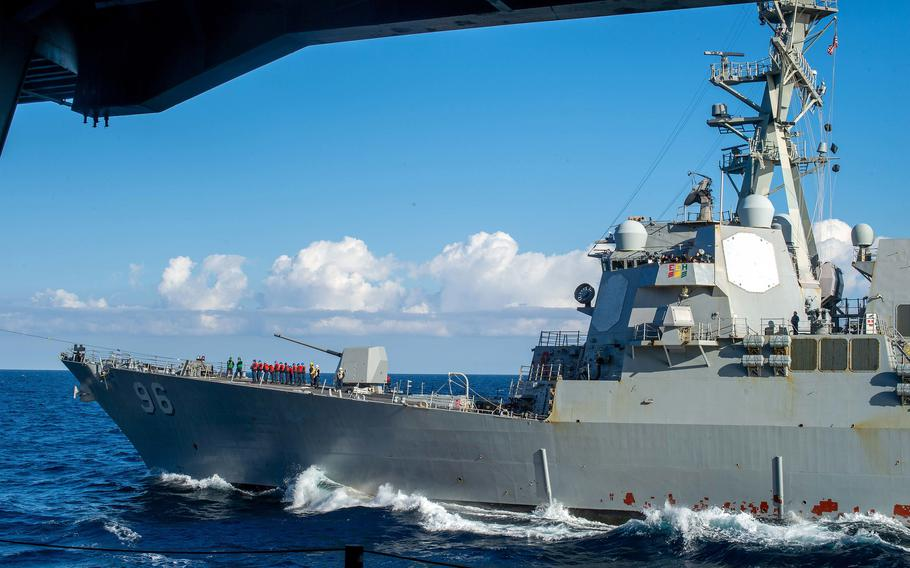
Warships are transiting the Mediterranean Sea and nearby waters in numbers rarely seen in recent decades, adding another dimension to the ongoing tensions between NATO and Russia over Moscow’s military buildup along Ukraine’s borders.

